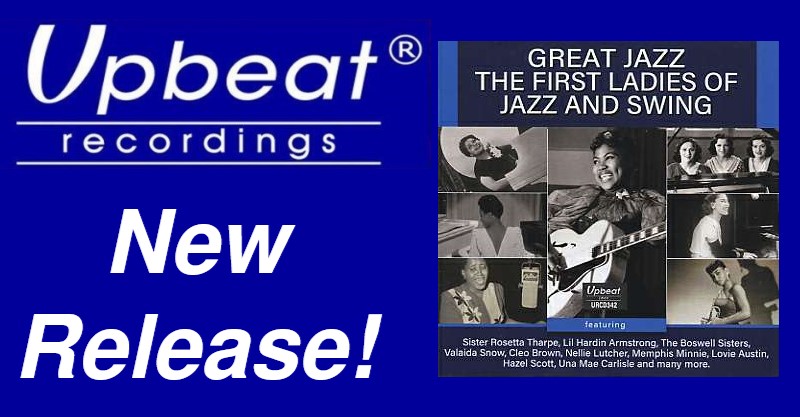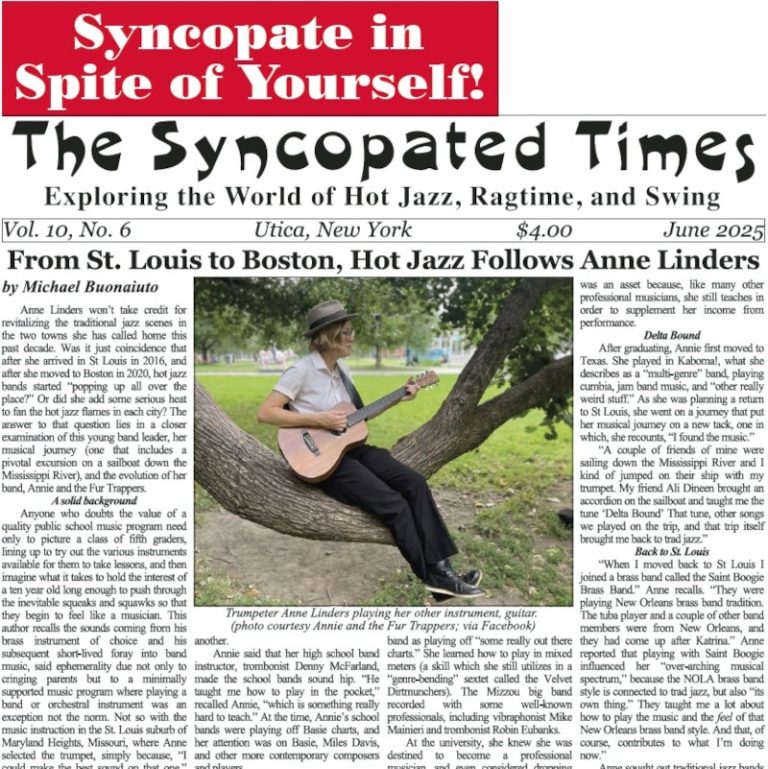Since the advent of the internet, it seems that every season is Silly Season. That oasis of frivolity used to be limited to the late summer, when all the usual public troublemakers had taken off for their vacations—and so the newsrooms were left to report oddball human interest stories or to straight up fabricate them when even the reliable eccentrics had headed to the beach.
These days, all that is needed is for someone have a strong opinion about something, particularly if the view is likely to generate a strong reaction from all sides. It’s most probably a necessary defense mechanism to save us from a pandemic of panic in the face of reports of shriveling ice caps, microplastics lurking in everything we eat and drink, and various ghastly and horrific humanitarian crises everywhere.
The internet graciously provides us with those reports and images with thudding regularity, delivered conveniently to our phones, tablets, and desktops. It is probably the least the internet can do to offer a means of distraction from those intractable and ubiquitous horrors. Thus, it throws us outrages and controversies that aren’t really outrageous or controversial, and we get good and angry over nothing much in particular.
The annual Christmas Controversy is always something to look forward to. This year, instead of an insufficiently reverent coffee cup design, it centered on the sexually manipulative nature of the seasonal Frank Loesser chestnut, “Baby, It’s Cold Outside.” Suddenly, everyone on social media had an opinion about the old thing, and digital shouting matches held sway. I considered it a blessing that no one mentioned Loesser’s other hit, “Standing on the Corner (Watching All the Girls Go By).” If anyone wanted to bring up a dead composer on charges of musical sexual harassment, that song would be Exhibit A.
Again, it is so much more delightful to argue the merits or defects of mild 1940s naughtiness than to gasp at images from Yemen. I discussed the matter of unearthing dead celebrities to beat them up in a column in July 2017, wherein I asserted that the internet made everything contemporary, and hence subject review by our current standards of (for the want of a better word) enlightenment. But this foolishness is a blessing, in that it is not the unending numb shock that would ensue should we ever see things in their proper perspective.
Let us then rise up from the depths and kick our swim-fins toward the surface where the more colorful fish dwell. Rather than viewing “Baby, It’s Cold Outside” and other decades-old popular songs as a lingering manifestation of oppressive patriarchy, it has long seemed to me that the most venerable components of American Songbook, insofar as they address the relations between the sexes, tend mostly to make men ridiculous. It could be argued that they make both sexes somewhat ridiculous, but I contend that men tend to get the brunt of it.
(The above television appearance was a break out moment for Kat Edmonson who was on the cover of our December 2018 issue.)
The commercial reason for this is not hard to discern. If you open any old piano bench, the bulk of the sheet music you’ll find there was purchased by women. Those songs were a salve to women who had to live in a world where they were bullied and condescended to by loutish males. Those ditties were as salubrious in their way as the afternoon radio soaps where the menfolk would go blind or suffer debilitating illnesses so the female leads could take charge. (Now that the social balance is being leveled, men may likewise take solace in superhero movies.)
The problem is with so many old songs is that they are incomparably lovely and beautifully constructed—and, as such, the lyrics should by no means be taken seriously. I’m not exaggerating (much) when I say that I have had friends whose minds were warped by listening to old Bing Crosby records. I’ve wallowed in that stuff, too. Those old Brunswicks—“Here Lies Love” and “Blue Prelude”—are deadly.
The linguist S.I. Hayakawa wrote a remarkable essay in 1954, “Popular Songs vs. the Facts of Life.” I was lucky to find it in an old anthology when I was young enough for it to do some good. Hayakawa had a bias toward blues and jazz songs versus the “sentimental slop” of everyday popular music, and I was somewhat chagrined that he lighted on beloved examples by Rodgers and Hart and Irving Berlin as objects of scorn. Even so, I understood implicitly that, however seductive the combination of melody and verse in even the most enchanting selection, the messages therein should not be taken to heart. Not that we don’t, of course.
I confess that there are certain songs that devastate me. They break through the cheap armor of my cynicism, and I am transported to a mood or emotion that I would rather not revisit. I fight against that sentimentality and romanticism with all my might; they distract me while I am struggling to keep my car on the road, both literally and figuratively. “Don’t you know, little fool, you never can win; Use your mentality—wake up to reality.” (Good luck with that.)
“Baby, It’s Cold Outside” has never been one of those songs that makes me pull over so I can have an emotional meltdown. It’s mere fluff. It doesn’t twist one’s heart—entirely against one’s wishes—into balloon animal shapes.
But I appreciate the entertaining detour that the silliness of the controversy afforded. A day not spent peering into the abyss is a day well spent.
Andy Senior is the Publisher of The Syncopated Times and on occasion he still gets out a Radiola! podcast for our listening pleasure.





















